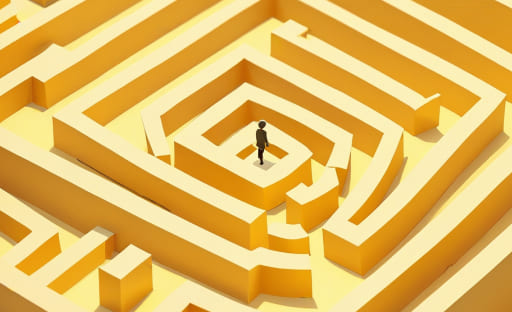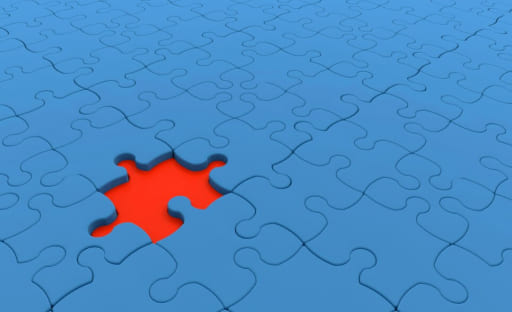Navigating Discrimination, Including One’s Own: Insights from a T-Group Lab
I’ve always considered myself an advocate for equality. But recently, a lab experience shook my understanding of discrimination and made me question my actions. What followed was an eye-opening journey into the complexities of human behaviour and bias.

One moment that really struck me was when a usually quiet member of our group suddenly became the life of the party. It was like watching a butterfly emerge from its cocoon. This dramatic shift led to a heartfelt discussion about the personas we have in different settings – ‘ this is me within the lab, this is me outside the lab, this is me with my friends’ et al. I realized how discrimination can force people to hide parts of themselves, and the toll this takes on their personal growth and relationships. It made me wonder: How often do I truly reveal my authentic self?

But the real kicker came when I had my own “aha” moment. In my eagerness to be inclusive, I realized I had unintentionally marginalized someone in the group. The shock of this realization hit me like a ton of bricks, and I found myself exclaiming, “How could I become the devil I was fighting?” It was a humbling experience that showed me how even the best intentions can sometimes lead us onto unintended paths. This lab wasn’t just about personal revelations alone, though. We also explored how positive discrimination – you know, the kind meant to level the playing field – can sometimes backfire. Through various exercises, we saw how efforts to include one group can inadvertently exclude another. It’s like trying to solve a Rubik’s cube; every move affects all sides.
So, what did I take away from this emotional roller coaster? Here are a few of my learnings:
- Being your true self is crucial. It’s exhausting to constantly switch between different personas, and it can hinder genuine connections. I’m now trying to be more authentic in all areas of my life.
- Good intentions aren’t always enough. My lab experience showed me that even when I’m trying to do the right thing, I might end up causing harm. It is a reminder to always consider the potential ripple effects of my actions.
- Unconscious biases are sneaky little things! Even as someone who prides themselves on being open-minded, I realized I have biases I wasn’t aware of. It is an ongoing process to recognize and challenge these unconscious prejudices.
- Safe spaces are invaluable. Having a place like the lab where we could openly discuss these sensitive topics without fear of judgment was incredibly powerful. I am now thinking about how to create more of these spaces in my daily life.
- Self-reflection is a lifelong journey. This experience taught me that becoming truly inclusive requires constant self-examination and a willingness to learn and grow.
Moving forward, I am looking at new ways to promote inclusivity that go beyond traditional approaches. I am intrigued by ideas like blind recruitment processes and subtle ‘nudges’ that encourage inclusive behaviour without being forced. This journey has shown me that there is no simple solution to removing discrimination. It is a complex issue that requires nuanced approaches. This being said, I am more motivated than ever to keep learning, growing, and working towards creating a more inclusive world.
As I continue to navigate this maze of human behaviour, I am reminded of a quote by the American civil rights activist and poet Maya Angelou: “
Do the best you can until you know better. Then, when you know better, do better.”
This experience has certainly taught me to know better, and now, it’s time to do better. It is not always going to be easy, but I am up for the challenge. Are you?
Ila Sharma
is a passionate HR professional who believes in creating a culture of working with heart, leadership with empathy, and inclusion with purpose. Ila is in the professional development process with ISABS, training to become a full professional member.
Your authenticity made me reflect on my espoused values